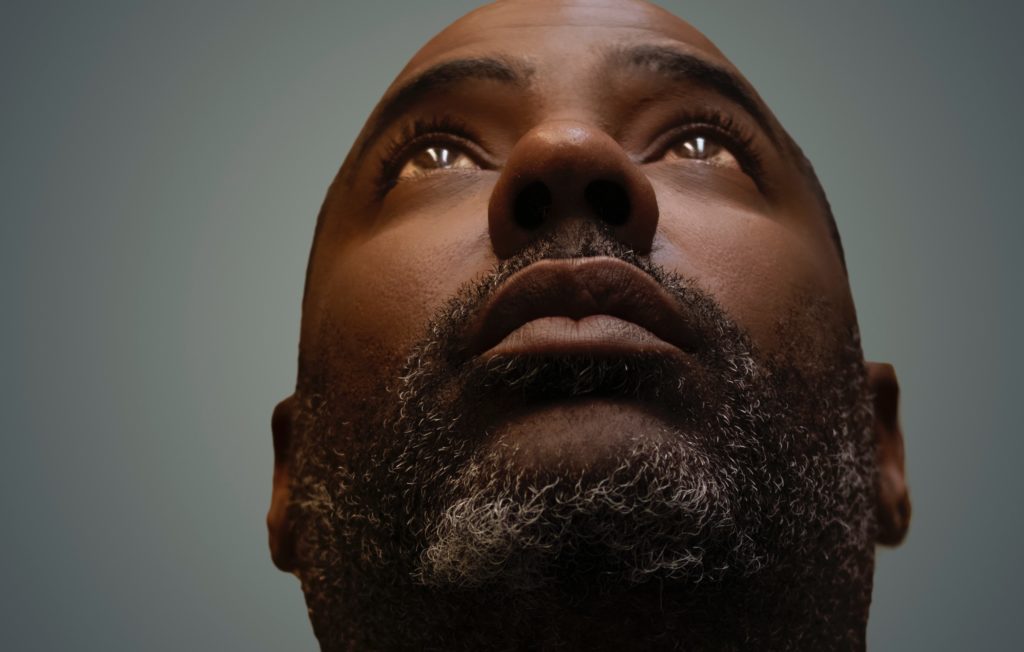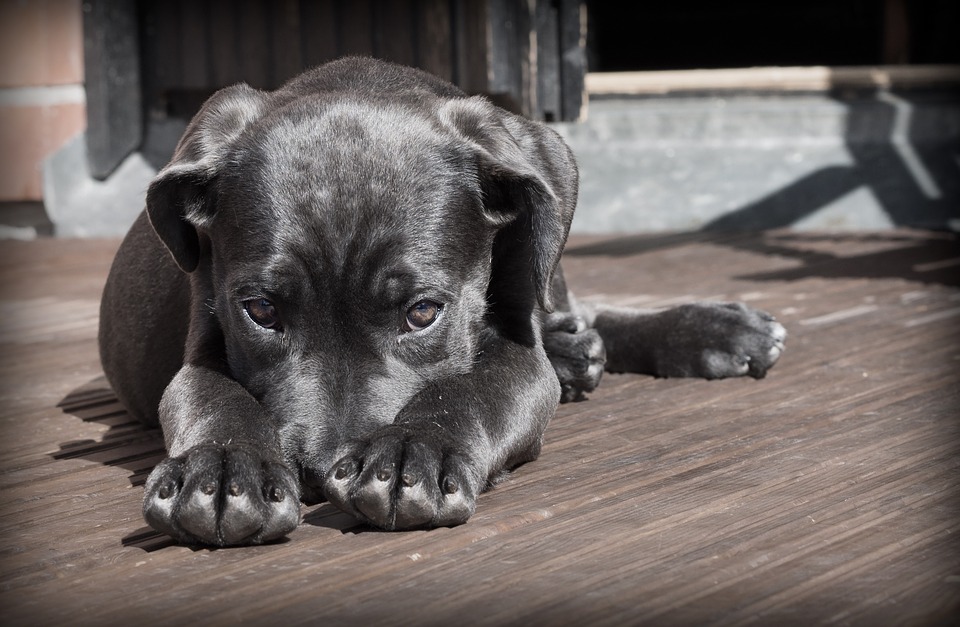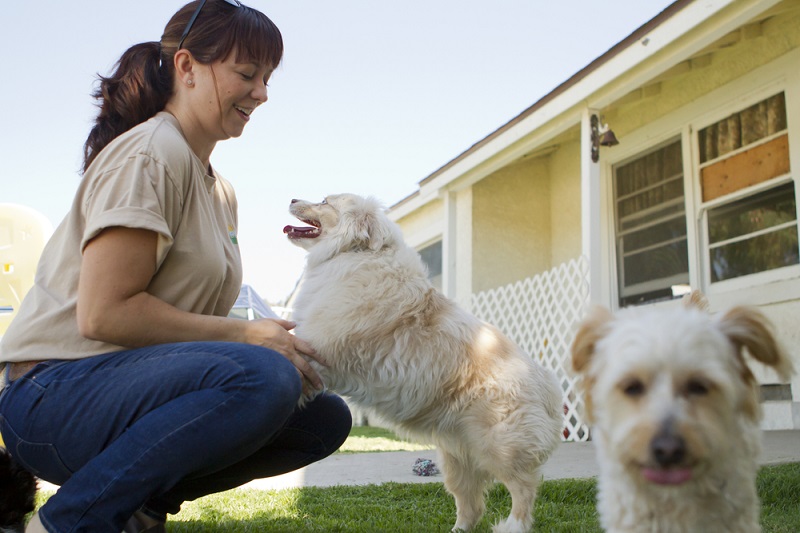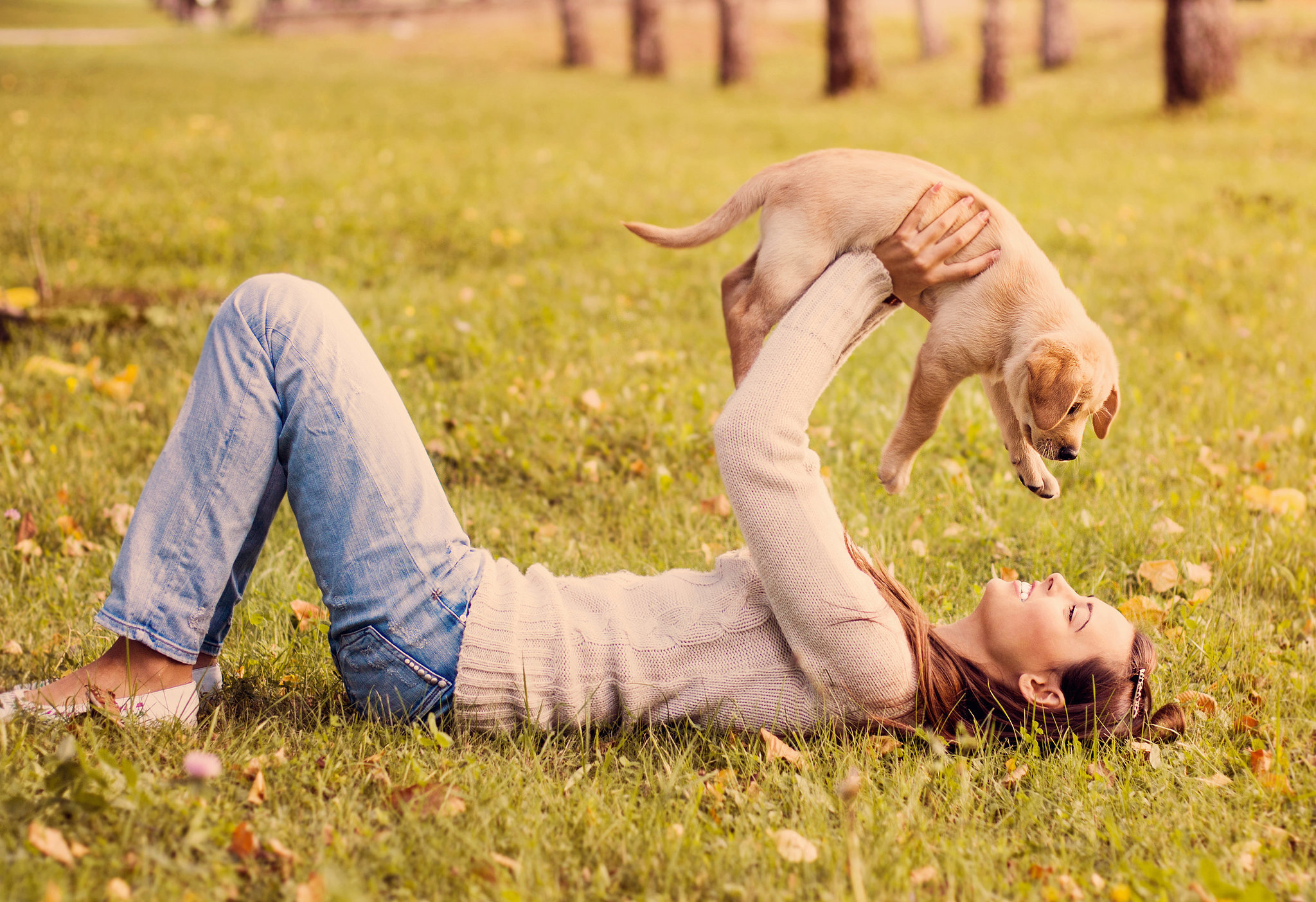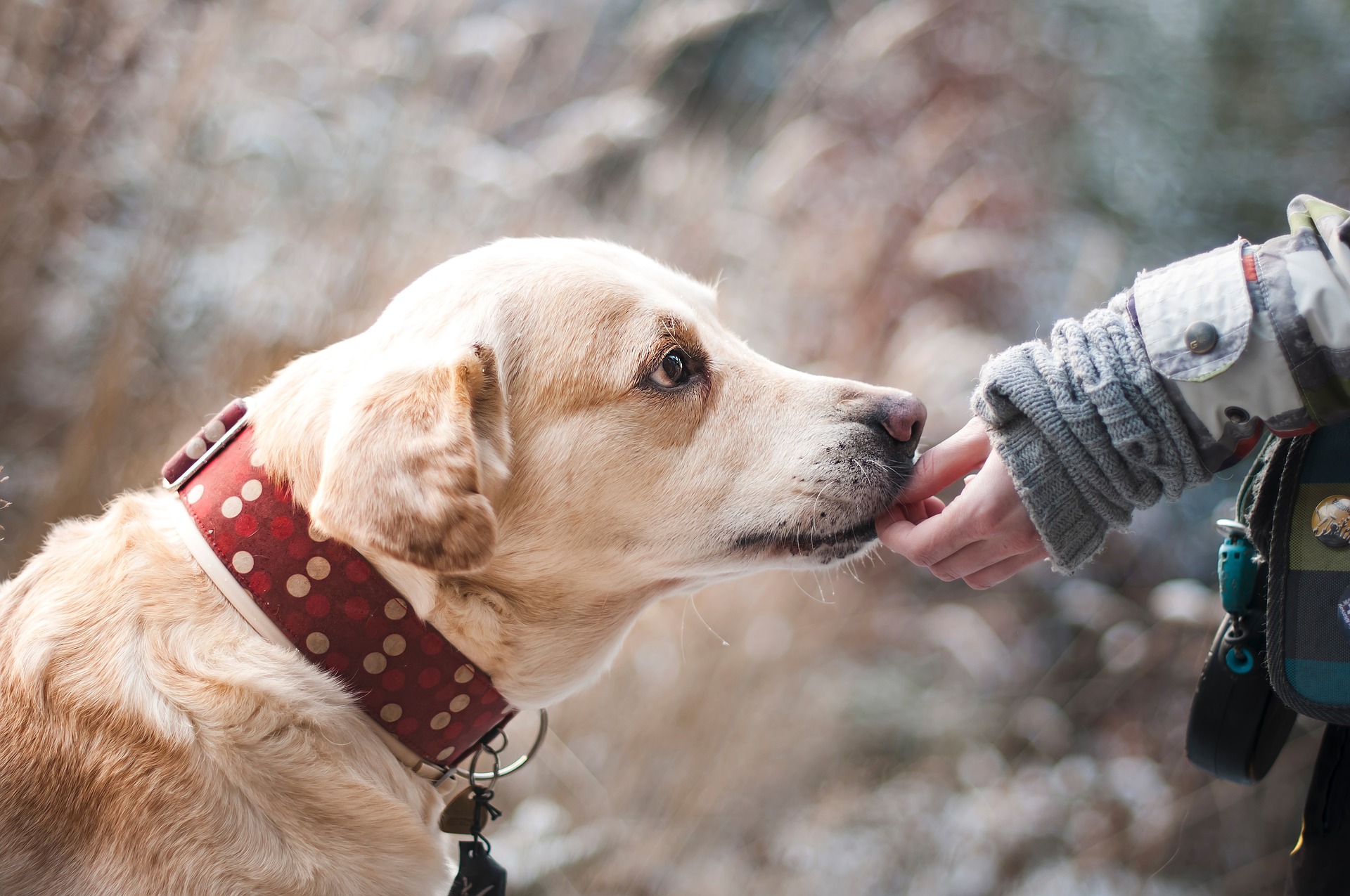According to the National Canine Cancer Foundation, one in three dogs will develop cancer and it can happen at any age. Even though canine cancer is treatable, it’s essential that it’s discovered as early as possible so that the treatment can be successful. Therefore, always pay attention to your dog’s behaviour, weight, sores, appetite, strange odours and many other changes that can indicate your dog is ill.
Coughing
Small breed dogs usually develop coughs due to the windpipe problems. However, if your dog coughs more than once or twice a day, you should be alarmed. This is especially true if the cough continues for days, so be sure you go to a check-up to your dog’s veterinarian. Continuous coughing is most often a sign of lung cancer.
Mouth change
The fact that people don’t check their dog’s mouth leads to late discovery of oral cancer. Therefore, try to pay close attention to your dog’s mouth when it yawns. If you notice any sores, change in gum colour, bleeding, a strange odour or lumps, it can be a sign of an oral tumour. The sooner you notice any abnormalities, the greater the chances are that the tumour will be cured.
Collapsing
Any changes in your dog’s behaviour indicate something is different with your dog. While sometimes lethargy and lower interaction with people can be just a sign that your dog misses some of the family members, other times it can indicate health problems. What’s more, if lethargy is followed by weakness and sudden collapsing, it’s time you visited the veterinarian. This is especially true for large breed dogs where collapsing usually indicates a spleen tumour.
Nosebleeds
Never disregard nosebleeds because that’s not normal in dogs. The minute you notice them, go to the vet because they are a sign of health problems. The first possible option is that your dog suffers from nose cancer. However, if the dog is not that old, check for foreign objects stuck up their nostrils because it’s quite possible that small dogs end up with a tiny object in their nose while they play around.
Weight loss
Healthy nutrition is vital for your dog’s health. This is why you should always provide your dog with high-quality food from Net to Pet. They’ll enjoy every bite and grow big and healthy. However, if you notice that your dog stopped eating and lost weight, it’s time to visit the vet. The loss of appetite, followed by weight loss, is most often a sign of a gastrointestinal tumour. However, your dog can also be suffering from a tumour without losing their appetite at any point. Therefore, pay attention to your pet’s weight, and be sure to consult a vet if you notice any change in that area.
Skin change
Not all skin changes have to be malign, but you should still check them as soon as you notice them on your dog. Any skin change, lump or a bump indicates a change in your dog’s medical condition, so make sure you check them. You can’t really distinguish between a benign and malign lump once you feel it, so you need to take the dog to the vet for detailed exams.
Changes in bathroom habits
Diarrhea doesn’t immediately have to be a cancer symptom, but if it becomes continuous and worsens, check your dog’s medical condition instantly. What’s more, if you notice that your dog needs to go to the bathroom more often than usually, has troubles peeing, vomits, or if you notice blood in its urine or stool, make sure you take the dog to the vet as soon as possible. Those can all be symptoms of cancer.
Make sure you always monitor your dog’s behaviour, eating regimen and any change in their skin. The sooner you notice any abnormality, the higher the chances are that your dog will soon be healthy again.
Advertisement

